Han Cha
Proxy Experience Replay: Federated Distillation for Distributed Reinforcement Learning
May 15, 2020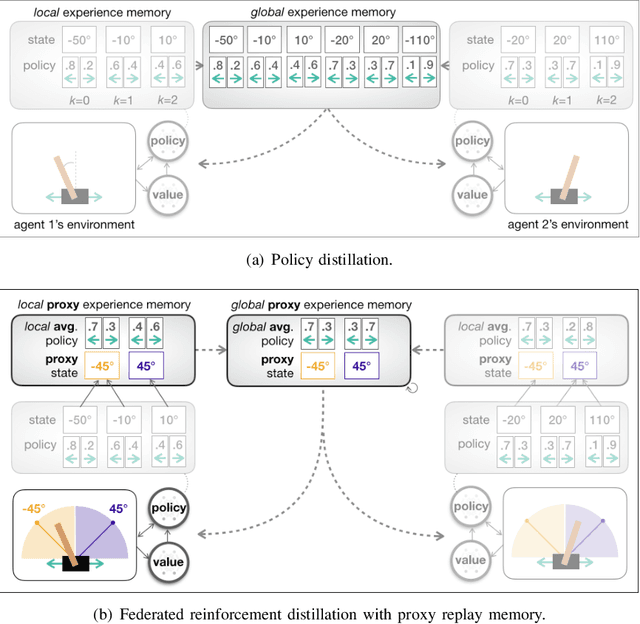


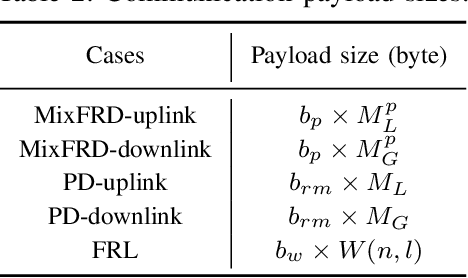
Abstract:Traditional distributed deep reinforcement learning (RL) commonly relies on exchanging the experience replay memory (RM) of each agent. Since the RM contains all state observations and action policy history, it may incur huge communication overhead while violating the privacy of each agent. Alternatively, this article presents a communication-efficient and privacy-preserving distributed RL framework, coined federated reinforcement distillation (FRD). In FRD, each agent exchanges its proxy experience replay memory (ProxRM), in which policies are locally averaged with respect to proxy states clustering actual states. To provide FRD design insights, we present ablation studies on the impact of ProxRM structures, neural network architectures, and communication intervals. Furthermore, we propose an improved version of FRD, coined mixup augmented FRD (MixFRD), in which ProxRM is interpolated using the mixup data augmentation algorithm. Simulations in a Cartpole environment validate the effectiveness of MixFRD in reducing the variance of mission completion time and communication cost, compared to the benchmark schemes, vanilla FRD, federated reinforcement learning (FRL), and policy distillation (PD).
Distilling On-Device Intelligence at the Network Edge
Aug 16, 2019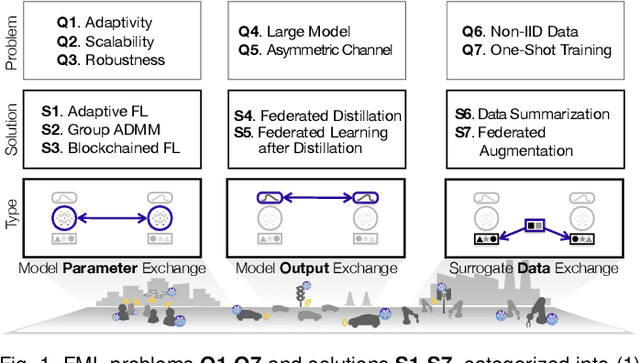
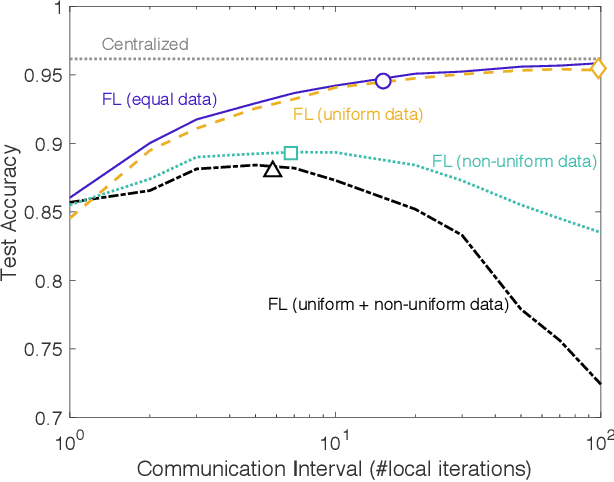

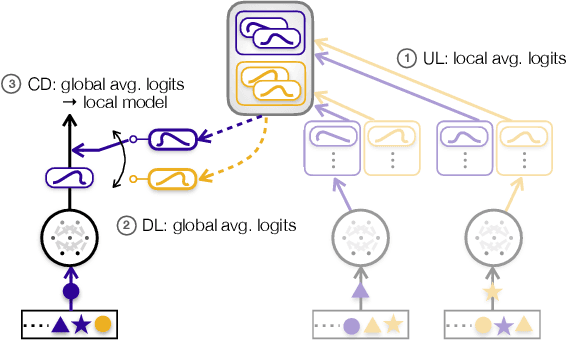
Abstract:Devices at the edge of wireless networks are the last mile data sources for machine learning (ML). As opposed to traditional ready-made public datasets, these user-generated private datasets reflect the freshest local environments in real time. They are thus indispensable for enabling mission-critical intelligent systems, ranging from fog radio access networks (RANs) to driverless cars and e-Health wearables. This article focuses on how to distill high-quality on-device ML models using fog computing, from such user-generated private data dispersed across wirelessly connected devices. To this end, we introduce communication-efficient and privacy-preserving distributed ML frameworks, termed fog ML (FML), wherein on-device ML models are trained by exchanging model parameters, model outputs, and surrogate data. We then present advanced FML frameworks addressing wireless RAN characteristics, limited on-device resources, and imbalanced data distributions. Our study suggests that the full potential of FML can be reached by co-designing communication and distributed ML operations while accounting for heterogeneous hardware specifications, data characteristics, and user requirements.
Federated Reinforcement Distillation with Proxy Experience Memory
Jul 15, 2019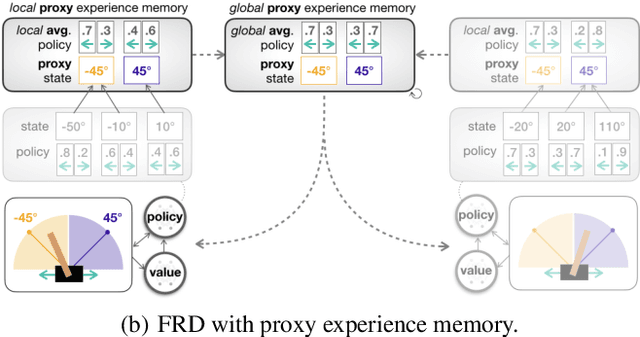

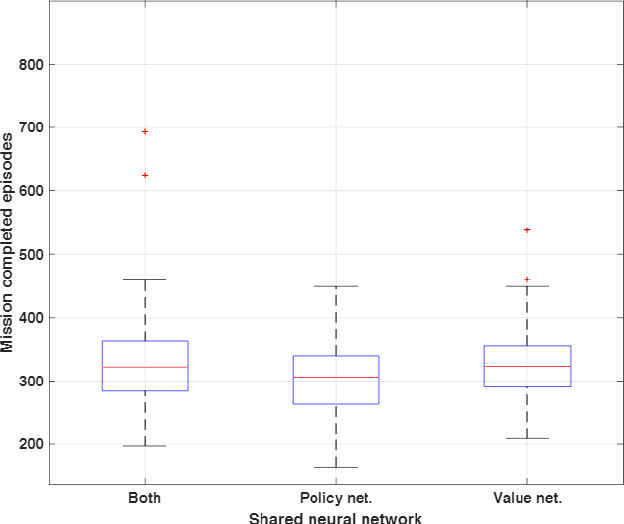

Abstract:In distributed reinforcement learning, it is common to exchange the experience memory of each agent and thereby collectively train their local models. The experience memory, however, contains all the preceding state observations and their corresponding policies of the host agent, which may violate the privacy of the agent. To avoid this problem, in this work, we propose a privacy-preserving distributed reinforcement learning (RL) framework, termed federated reinforcement distillation (FRD). The key idea is to exchange a proxy experience memory comprising a pre-arranged set of states and time-averaged policies, thereby preserving the privacy of actual experiences. Based on an advantage actor-critic RL architecture, we numerically evaluate the effectiveness of FRD and investigate how the performance of FRD is affected by the proxy memory structure and different memory exchanging rules.
 Add to Chrome
Add to Chrome Add to Firefox
Add to Firefox Add to Edge
Add to Edge